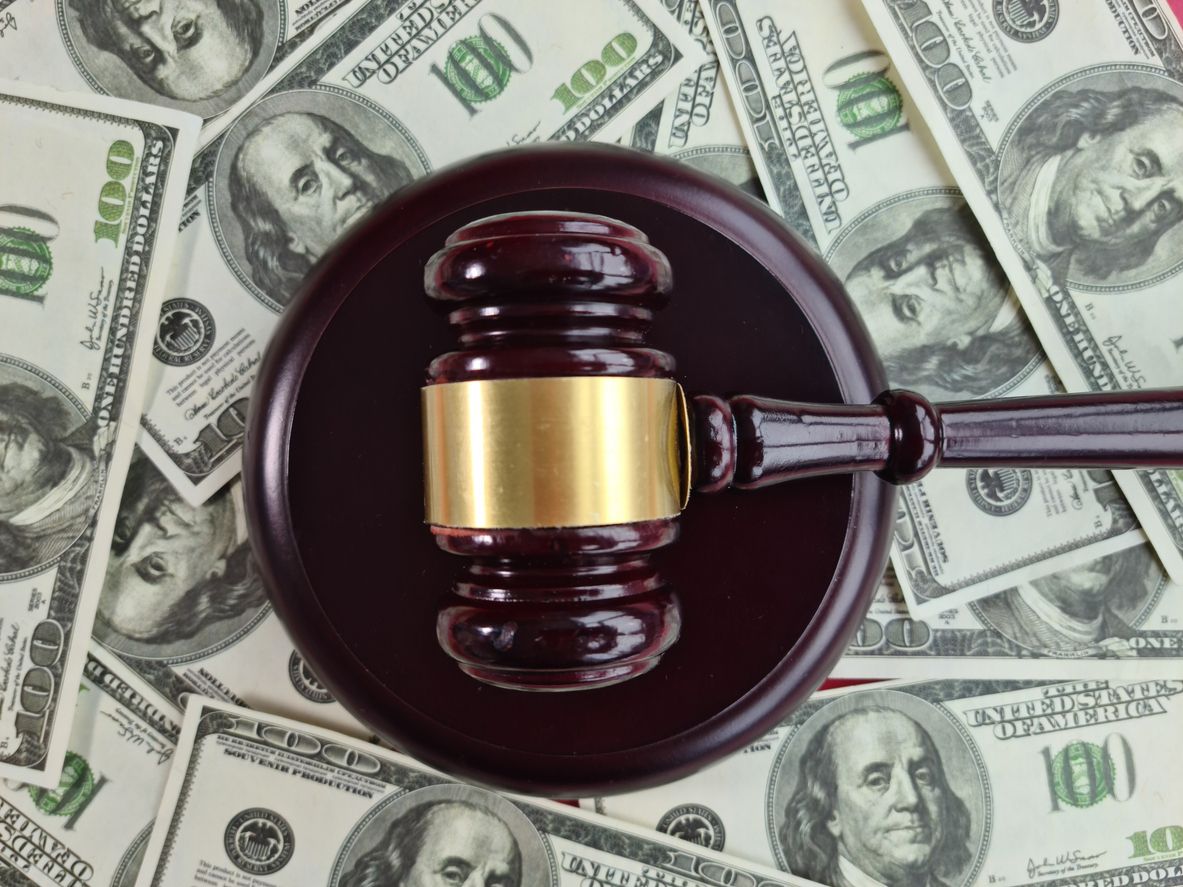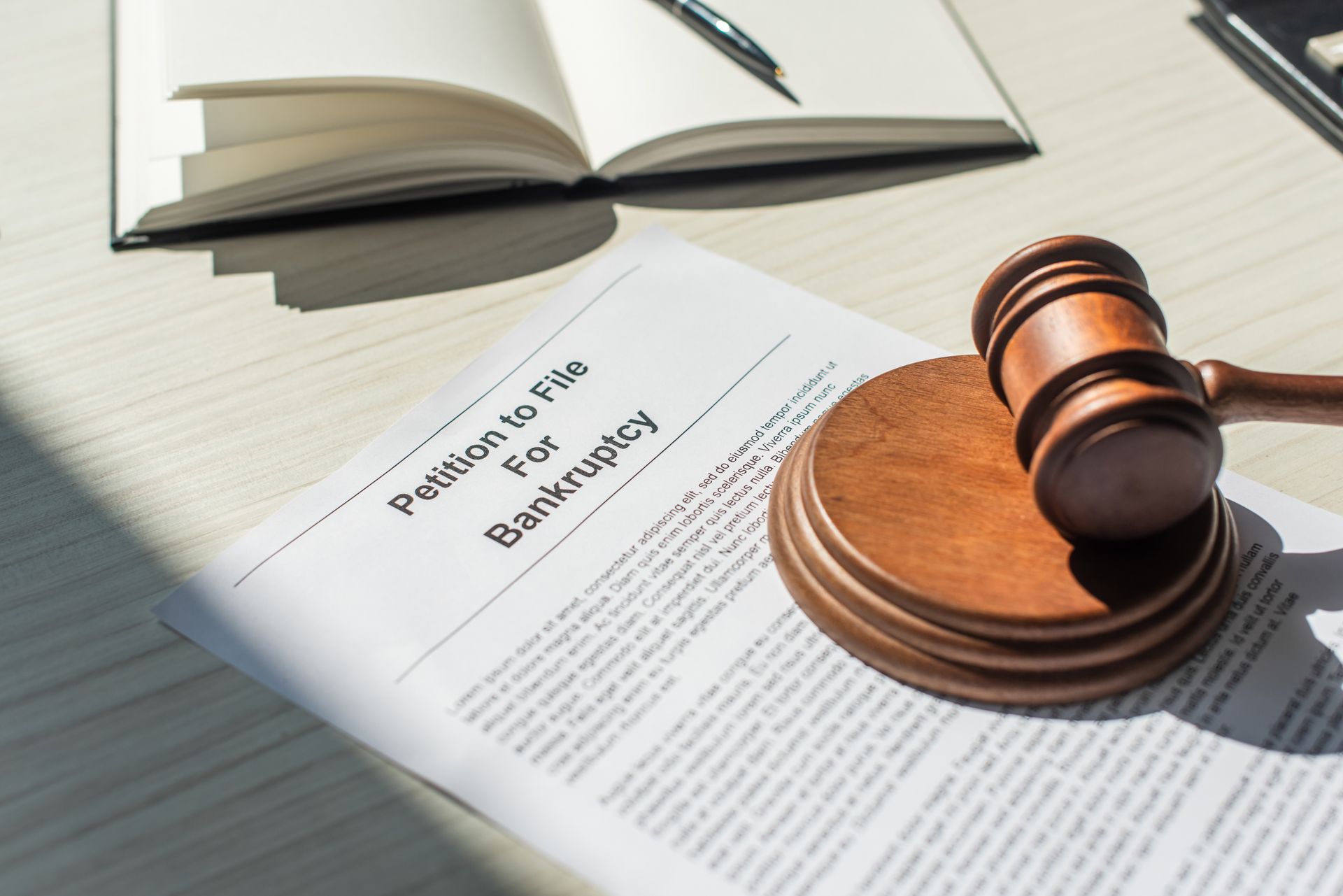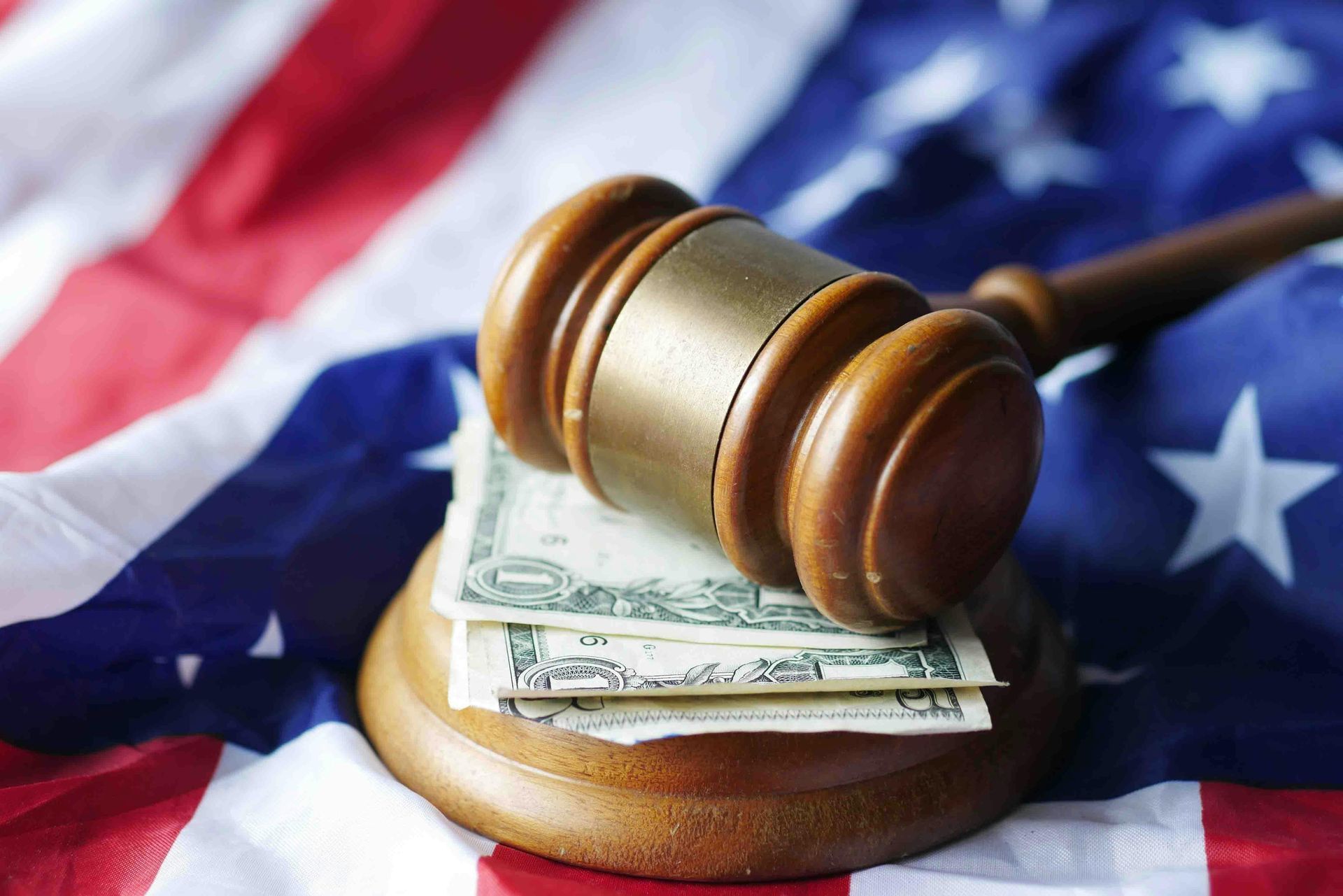October 22, 2024
Filing for bankruptcy can be a difficult decision, but for many individuals and families facing overwhelming debt, Chapter 7 bankruptcy offers a path to financial relief. At Robert H. Johnson LLC, we help clients in New Jersey navigate the Chapter 7 bankruptcy process, providing guidance and support to help them regain control of their financial futures. What Is Chapter 7 Bankruptcy? Chapter 7 bankruptcy, often referred to as “liquidation bankruptcy,” is designed to eliminate most unsecured debts, such as credit card debt, medical bills, and personal loans. Unlike Chapter 13 bankruptcy, which involves creating a repayment plan, Chapter 7 allows you to discharge qualifying debts without having to make ongoing payments to creditors. In a Chapter 7 bankruptcy, a court-appointed trustee may sell certain non-exempt assets to pay off creditors. However, most people who file for Chapter 7 are able to keep the majority of their assets through the use of bankruptcy exemptions. Who Qualifies for Chapter 7 Bankruptcy? To qualify for Chapter 7 bankruptcy, you must pass the “means test,” which determines whether your income is low enough to qualify for debt discharge under this chapter. The means test compares your income to the median income in New Jersey for a household of your size. If your income is below the median, you likely qualify for Chapter 7. If your income is above the median, you may still qualify after deducting certain allowable expenses, such as mortgage or rent payments, healthcare costs, and childcare expenses. At Robert H. Johnson LLC, we help our clients determine if they meet the requirements for Chapter 7 bankruptcy and guide them through the process of completing the means test. The Chapter 7 Bankruptcy Process Filing the Petition: The process begins by filing a bankruptcy petition with the court. This includes providing detailed information about your assets, debts, income, and expenses. Your attorney will assist you in gathering and organizing the necessary documentation. Automatic Stay: Once you file for bankruptcy, an automatic stay goes into effect. This halts collection efforts from creditors, including wage garnishments, lawsuits, and foreclosure proceedings, providing immediate relief. Appointment of a Trustee: A bankruptcy trustee will be appointed to oversee your case. The trustee reviews your assets, debts, and financial situation, and may sell non-exempt assets to pay creditors. However, New Jersey bankruptcy exemptions allow most people to protect essential assets such as their home, vehicle, and personal belongings. Meeting of Creditors: About 30 days after filing, you will attend a “341 meeting,” where creditors and the trustee may ask you questions about your finances and the bankruptcy filing. Your attorney will be by your side to ensure this process goes smoothly. Discharge of Debts: If everything is in order, your qualifying debts will be discharged, typically within four to six months. This means you are no longer legally obligated to repay those debts, giving you a fresh financial start. What Debts Can Be Discharged in Chapter 7? Chapter 7 bankruptcy can eliminate many types of unsecured debt, including: Credit Card Debt Medical Bills Personal Loans Payday Loans Utility Bills However, certain debts cannot be discharged in Chapter 7, including: Child Support and Alimony: These obligations remain in place after bankruptcy. Student Loans: While student loans are generally not dischargeable, there are exceptions for extreme cases of hardship. Recent Tax Debts: Some older tax debts may be discharged, but most recent tax liabilities cannot. Debts from Fraud or Criminal Activity: Debts resulting from fraudulent activity or criminal acts are typically not dischargeable. Chapter 7 Bankruptcy Exemptions in New Jersey One of the biggest concerns for individuals considering Chapter 7 bankruptcy is whether they will lose their assets. The good news is that New Jersey allows bankruptcy filers to protect certain assets through exemptions, meaning you can often keep essential property such as: Your Home: New Jersey residents can use federal or state homestead exemptions to protect equity in their primary residence. Your Vehicle: You can often keep your car if the equity in the vehicle falls within the allowable exemption limit. Personal Property: Furniture, clothing, and other personal belongings are typically protected. Retirement Accounts: Most retirement accounts, such as 401(k)s and IRAs, are exempt from bankruptcy and cannot be seized by creditors. Your attorney will work with you to identify which assets are protected under New Jersey or federal exemptions and ensure that you retain as much of your property as possible. Benefits of Chapter 7 Bankruptcy Debt Relief: Chapter 7 eliminates most unsecured debts, giving you the opportunity to rebuild your financial life without the burden of overwhelming debt. Immediate Relief from Creditors: The automatic stay stops all collection efforts, giving you relief from harassing phone calls, wage garnishments, and lawsuits. Quick Process: Compared to other forms of bankruptcy, Chapter 7 is relatively quick, typically taking just four to six months from start to finish. Fresh Start: Once your debts are discharged, you have the chance to start over and rebuild your financial future without the constant pressure of unpaid bills. Why You Need an Experienced Bankruptcy Attorney Filing for Chapter 7 bankruptcy is a complex legal process that requires an in-depth understanding of bankruptcy laws and procedures. At Robert H. Johnson LLC, we have extensive experience helping individuals and families in New Jersey navigate Chapter 7 bankruptcy. Our team is here to guide you through every step of the process, from evaluating your eligibility to protecting your assets and ensuring that you receive the full benefits of a fresh start. If you are overwhelmed by debt and struggling to keep up with payments, Chapter 7 bankruptcy may offer the relief you need. At Robert H. Johnson LLC, we are committed to helping our clients in New Jersey achieve financial freedom through compassionate and effective legal representation. Our experienced attorneys will work with you to explore your options and guide you through the bankruptcy process. Contact Robert H. Johnson LLC today to schedule a consultation and take the first step toward a brighter financial future.










